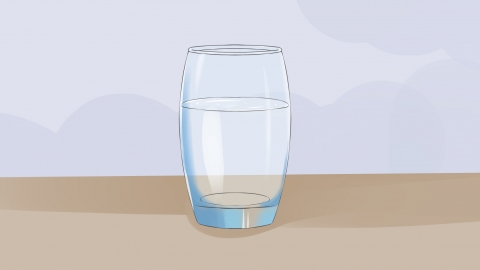Can washing your eyes with tap water lead to a brain-eating amoeba infection?
The term "brain-eating amoeba" typically refers to Naegleria fowleri. Whether using tap water to wash the eyes can lead to infection by Naegleria fowleri generally depends on the quality of the tap water and the condition of the eyes. Infections may occur when the tap water is contaminated or when the eyes have wounds or damage. However, when the tap water meets safety standards and the eyes are healthy, infections are unlikely. Detailed explanations are as follows:

If the tap water supply system is contaminated, or if aging or damaged pipes allow external sewage containing Naegleria fowleri to seep in, the water may contain these amoebas. Using such water to wash the eyes, especially when the eyes have wounds, inflammation, or other forms of damage, allows the Naegleria fowleri to enter the body through the ocular mucous membranes or wounds, thereby causing infection.
Provided the tap water production strictly follows purification and disinfection procedures and the water quality meets health standards, any Naegleria fowleri present in the water will have been effectively killed or exists in extremely low quantities. If the skin and mucous membranes of the eyes are intact and undamaged, the risk of infection from washing eyes with tap water as usual is very low.
Avoid directly washing the eyes with tap water. It is recommended to use sterilized normal saline or specialized eye wash solutions. If there are wounds or inflammation in the eyes, tap water should definitely not be used for cleaning. If abnormal water quality is detected, stop using it for eye contact immediately, and seek medical examination promptly if eye discomfort occurs.




